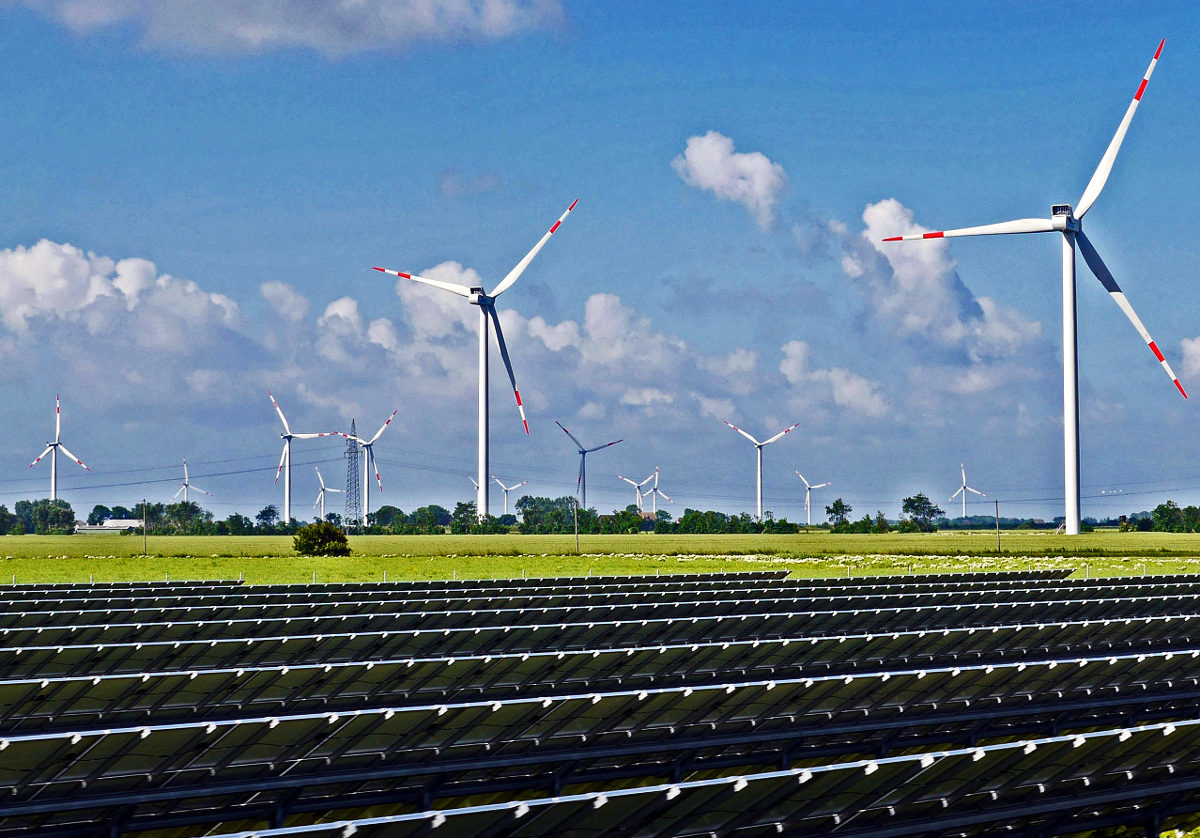India’s installed base of “open-access” renewables capacity grew to 10 GW by the end of fiscal 2021-22, from around 300 MW in 2009. Two-thirds of the 10 GW capacity was commissioned within the last five years (fiscal 2018–22), with nearly 1.9 GW added in fiscal 2022 alone, according to a new report by the Institute for Energy Economics and Financial Analysis (IEEFA) and JMK Research and Analytics.
Open access is a mechanism under which consumers can buy electricity directly from power producers, rather than electricity distribution companies (discoms). The report states that the open-access renewables market has been expanding in almost all key renewables-rich states. And it will continue to overcome policy hurdles to grow organically in the coming years, according to the report.
“The growth of the open access market in India depends on policies and the regulatory environment at both the central and state level. Last year saw some positive developments in terms of regulations even as a few hurdles persist,” said the report’s co-author, Vibhuti Garg, an energy economist at IEEFA.
“The Green OA Policy, issued in June 2022, has the potential to completely reform the renewable energy OA market landscape,” Garg added, noting its timely and efficient implementation by states.
The report attributed the growth of the open-access market to rising awareness and growing demand from commercial & industrial (C&I) customers.
“Falling costs of clean power and the decarbonization goals of C&I consumers have helped increase the uptake of renewable energy OA power,” said co-author Jyoti Gulia, the founder of JMK Research and Analytics. “Lately, several independent power producers (IPP) active in the utility-scale renewable energy market are vying to enter the [open-access] market. Key reasons for their emergence include maturity of [open-access] financing and slowing central- and state-level tender activity.”
Key challenges
The report shows that several regulatory challenges continue to impede the growth of renewable energy open access at the state level.
“Hurdles such as delays in the approval process for group-captive projects are hampering the growth of the renewable energy [open-access] market. Other roadblocks include unfavorable electricity banking provisions and increased penalties for deviation in power schedule,” said co-author Prabhakar Sharma, a senior research associate at JMK Research.
The report said states should not impose further restrictive measures on electricity banking until they achieve the central government’s renewable energy target. It also urges states to implement a multi-year tariff structure to provide better long-term clarity to developers and investors.
Besides regulatory challenges, recent supply-side constraints pose significant headwinds for the renewable energy open-access market. For example, solar module prices have risen in the past 18 to 20 months due to supply chain constraints and increasing prices of raw materials such as polysilicon, thus affecting the project viability.
“India-specific challenges, such as the imposition of basic customs duty of 40% on imported modules and paucity in domestic manufacturing capacity of high-wattage modules, are exacerbating an already worrying situation. An added risk is the forthcoming implementation of the approved list of models and manufacturers (ALMM) for [open-access] developers from October 2022,” said co-author Akhil Thayillam, a senior research associate at JMK Research.
The report calls for the postponement of the ALMM implementation on open-access projects until the nation develops a significant domestic manufacturing base.
This content is protected by copyright and may not be reused. If you want to cooperate with us and would like to reuse some of our content, please contact: editors@pv-magazine.com.









By submitting this form you agree to pv magazine using your data for the purposes of publishing your comment.
Your personal data will only be disclosed or otherwise transmitted to third parties for the purposes of spam filtering or if this is necessary for technical maintenance of the website. Any other transfer to third parties will not take place unless this is justified on the basis of applicable data protection regulations or if pv magazine is legally obliged to do so.
You may revoke this consent at any time with effect for the future, in which case your personal data will be deleted immediately. Otherwise, your data will be deleted if pv magazine has processed your request or the purpose of data storage is fulfilled.
Further information on data privacy can be found in our Data Protection Policy.